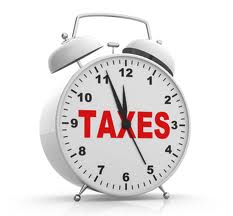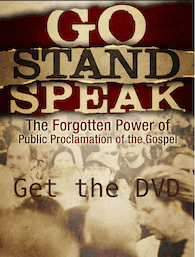Constitutional Amendment A
is an amendment to the WYOMING Constitution and does not change our
U.S. Constitution. It is an amendment that was sponsored by our dear
friend Senator Leslie Nutting (R-Cheyenne) in 2011. The goal was to make
sure that Obamacare or future federal mandated healthcare programs
cannot be implemented against the will of the people in Wyoming. The
need for this Wyoming Amendment is quite clear when we are all being
faced with Obamacare' s burdensome tax (or should I say penalties) when
fully implemented. We hope we can count on your support of this
amendment as well as your help in spreading the word of how important it
is to vote YES on it.
In the event President Obama is re-elected, this amendment is the ONLY protection the citizens of Wyoming have against Obamacare!
However, the Wyoming Watchdogs (not affiliated with WyWatch) is an organization who is spreading misinformation about this amendment, stating incorrectly that it creates new powers or new rights for the legislature to control healthcare in Wyoming. The Wyoming Legislature already has these powers with or without the ballot initiative known as Constitutional Amendment A.
Here is a part of the legislative record of Wyoming Watchdogs (again, no affiliation to WyWatch):
- They opposed the constitutional amendment to protect the sanctity of marriage.
- They opposed the sanctity of life bill nicknamed the ultrasound bill.
- They opposed a 2nd amendment rights bill ran by Wyoming Gun Owners Association.
- They opposed the Constitutional Amendment to defend you from Obamacare in its original form (not just in its amended form that passed the House and the Senate).
- They called Representative Bob Brechtel "dangerous to Wyoming" publicly.
The Wyoming Watchdogs
claim to be conservative, but they have helped the progressive, liberal
left with their efforts at the state legislature more than they have
defended the sanctity of LIFE, MARRIAGE, and Constitutional FREEDOM. Can
you trust them or anyone associated with them?
WyWatch
has never been one to think that we are more intelligent than the
average citizen. Our job, or mission as we see it, has been about
analyzing legislation or documents and seeking out experts who can help
us understand important nuances. When conflicts of interpretation come
up, we work diligently to get these expert opinions to you, our members.
Because
WyWatch has learned it is best to seek PROFESSIONAL and EXPERT opinions
on issues concerning our state statutes and constitution we went to a Hillsdale College graduate attorney and a Harvard Law School graduate who worked for Home School Legal Defense Association, which resides on Patrick Henry College's campus. These two fine attorneys did an excellent job of reviewing the ballot initiative known as Constitutional Amendment A and we would be thrilled if you would take the time to read their analysis.
Click Here to view Steve Klein's comments from the Wyoming Liberty Group (the Hillsdale graduate).
Click Here to view Scott W. Somerville's comments who worked for HSLDA for years which is associated with Patrick Henry College.
However, I want to point out something to you. Steve Kline from the Wyoming Liberty Group
took the arguments from a concerned patriot who did a side by side
comparison of the original amendment vs. what actually passed both
houses with overwhelming majorities, and refuted the side by side
arguments. Steve's comments are in RED.
The
other attorney, Scott W. Somerville, reviewed the ballot language and
the enrolled act that passed both the house and the senate in 2011 and
did a beautiful job of explaining the importance of passing Constitutional Amendment A.
We
encourage you all to compare what you hear and what you read between
now and November 6th with what these constitutional attorneys have
written. We hope that the links to the two documents we provide above
will solidify your trust in the legislative and lobbying process that
WyWatch uses now and will continue to use in the future.
If
you have any further questions we will be happy to discuss them with
you or better yet, put you in touch with the experts who can answer them
for you. We are not afraid to tell you that we depend heavily on
alliances with experts across the country to make sure what we do is not
only Biblical, but also Constitutional. We hope we have earned your
trust enough to depend on us for that.







